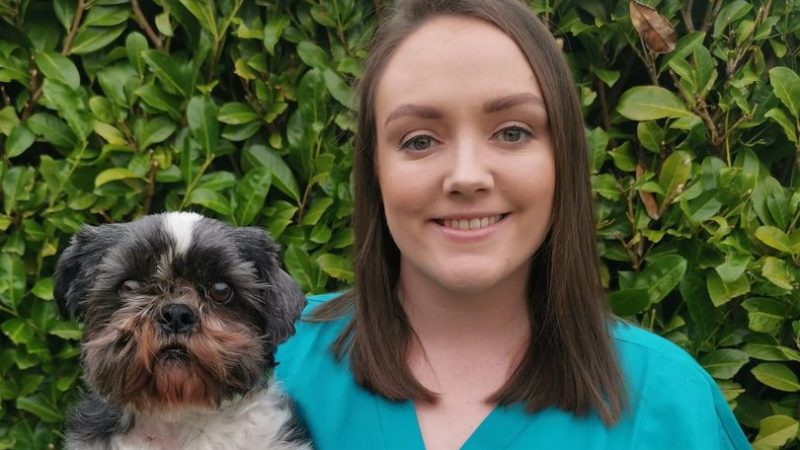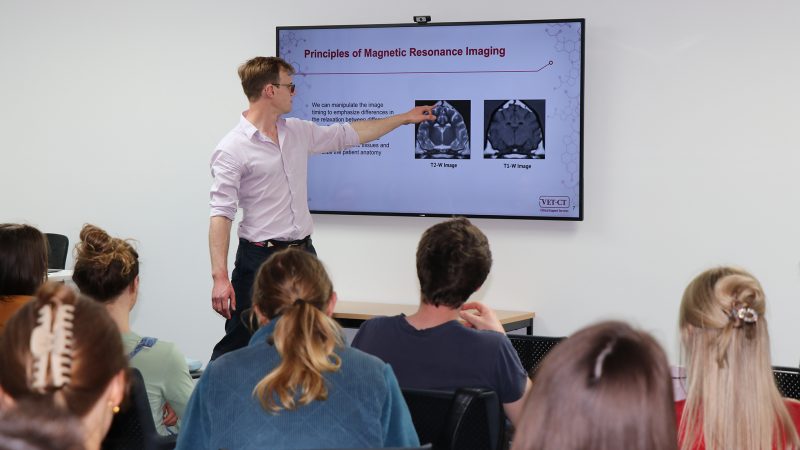Three new vet schools in package to transform Republic’s veterinary supply

The Irish Government has cleared the way for three new vet schools as part of a package that promises up to 1,300 extra college places a year in healthcare and veterinary.
The University of Limerick, Atlantic Technological University (ATU) and South East Technological University (SETU) have been approved to open vet schools, which will treble the intake of student vets nationally.
The major expansion in healthcare and veterinary provision, aimed at delivering graduates to meet needs in the economy, also covers medicine, pharmacy and nursing/midwifery as well as dental science and dental surgery.
The news came after a senior Irish vet urged political leaders to give the green light for a new vet school in the Republic, amid fears of a looming crisis for the profession.
Liam Moriarty, managing director of Linneaus, backed calls for the University of Limerick to be allowed to start a new degree programme in two years’ time.
Mr Moriarty was among members of a veterinary working group who held talks with the Joint Oireachtais Committee on Agriculture at the Dáil Éireann on the issue and while encouraged by the discussions, he warned action was needed to help address a growing shortage of vets in rural areas.
He said: “There is a crisis looming. The industry is growing and high-quality work is being done, but we urgently need to train more people.
“Given the current age profile in the profession, we need to act quickly on this. More than 20% of practitioners are over the age of 60, so they are not likely to be working by 2030.
“There are also insufficient university places in Ireland, which is forcing large number of Irish students to travel abroad to receive a veterinary education.”
Mr Moriarty described Limerick as “a super university, which is ready to go and start a new course”.
“University of Limerick has a fantastic track record of working with industry, including in medicine, so we see the university as a strong contender to have a different spectrum of graduates who will work where they are needed the most.
“Having a place in the west of Ireland would certainly be a big advantage. We want these people to work in the west of Ireland, so let us train them there.”
Currently, UCD is the only university offering veterinary medicine and its 85 places falls far short of demand, with more than double that number going abroad every year to study to become a vet.
As part of the expansion of 230 places a year, UCD has also been approved for an additional intake on both its undergraduate and graduate-entry veterinary programmes. UCD is likely to be the first to deliver new places, probably from 2024, because of the need for other colleges to ensure they have the necessary infrastructure.
The news comes with plans for a new vet school in Northern Ireland still in limbo
A report commissioned by DAERA on the supply of veterinary professionals to service Northern Ireland’s needs has stopped shy of recommending a purpose-built facility.
However, the Strategic Investment Board does s say there is a need to address concerns over the supply of vets with the regions estimated to need 126 more to meet demand.
Rather than establish a school – which the SIB says would cost approximately £75.000 to put each student through – it suggests other ways of addressing the skills shortage should be examined.
Northern Ireland remains the only part of the UK without a specialist vet school and Ulster University’s Coleraine campus had been suggested as a potential location, working in partnership with Queen’s University.







